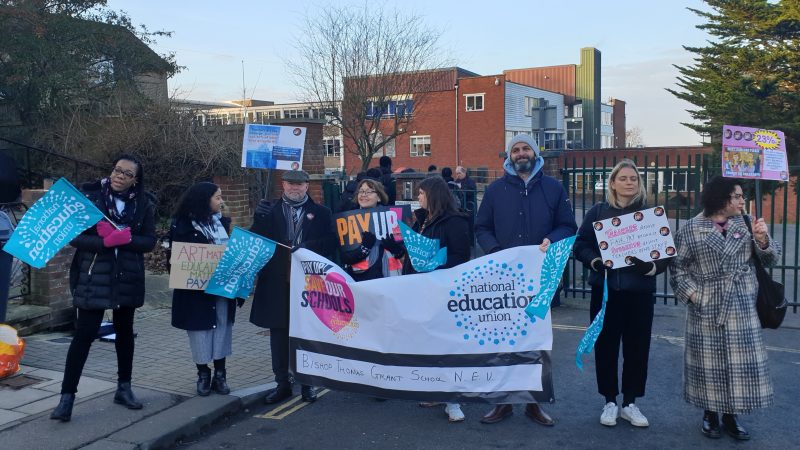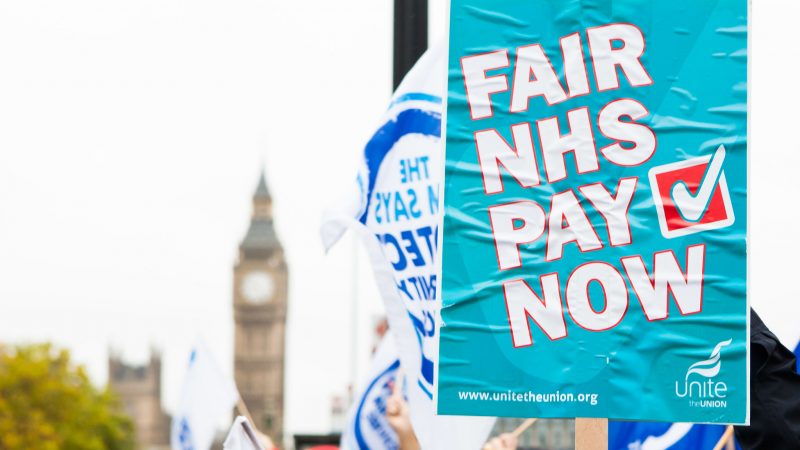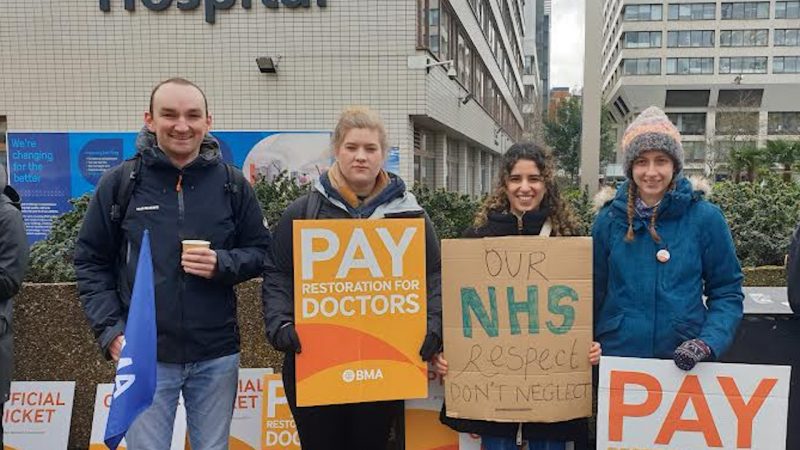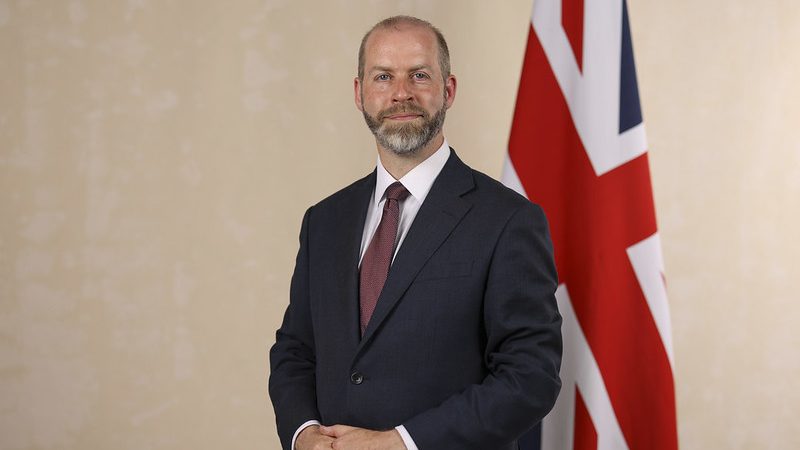The Conversation
July 27, 2024

Cold Beer to Go (Shutterstock)
Plastic microbeads, those tiny troublemakers found in the personal care products of the early 1990s to the late 2010s, wreak havoc on the environment. These minuscule bits, smaller than a sesame seed, escape the clutches of wastewater treatment plants, accumulating in oceans and rivers where they pose a threat to marine life.
Thankfully, soaps and scrubs containing plastic microbeads are impossible to find on today’s store shelves. In recent years, many countries have recognized these microbeads as a source of marine plastic pollution and banned them from personal hygiene products. Microbead bans make room for more environmentally friendly substitutes, allowing consumers to continue to experience that satisfying deep-cleaning feeling without harming the environment.
Instead of relying on synthetic plastics, research shows that a treasure trove of possibilities is hidden within biowaste. Once such gem is brewer’s spent grain (BSG), the leftovers from brewing beer. Inexpensive and abundant, BSG is used in animal feed, biogas production, compost and fertilizer.
More recently, BSG is used as a protein- and fibre-rich ingredient in crackers, breads and cookies.
Our research has found that BSG is well-suited for use in personal hygiene products in the form of sustainable exfoliating microbeads.
The Story of Stuff looks at plastic microbeads.
Chemical properties of cellulose
Cellulose — the main molecule constituent in plant cell walls — is a key component of brewer’s spent grain. For over a century, scientists have prepared vast amounts of cellulose-based materials by transforming trees through a relatively straightforward chemical process. Trees are felled, debarked, chipped, pulped and bleached, then the cellulose that remains is shaped into its desired final form.
Cellulose fibers don’t dissolve in most solvents, and thankfully so, otherwise cotton t-shirts would be washed away in the rain and acetone-soaked tissues would melt instead of removing nail polish.
In the cellulose-processing industry, few chemicals are available to overcome cellulose’s resistance. Most options are ill-reputed for their instability, high toxicity, high cost or poor recyclability.
However, sodium hydroxide dissolved in water in various concentrations provides a more sustainable option. Additionally, with sodium hydroxide, cellulose can be converted back into a solid through a simple neutralization reaction.
This alkali-based process can yield pure cellulose microbeads, which were first prepared about a decade ago. Cellulose pulp is dissolved in aqueous sodium hydroxide, then neutralized, one drop at a time, in an acid bath. When the acid bath is drained away, spherical cellulose-based microbeads remain.
Fine-tuning the process
Our research considered whether the abundance of cellulose-based biowaste generated from agri-food industries could generate microbeads. With BSG as our cellulose-rich starting material and exfoliating microbeads as our goal, we started experimenting in the lab.

Inexpensive and abundant, brewer’s spent grain is used in animal feed, biogas production, compost and fertilizer. (Shutterstock)
BSG presented a challenge for creating pure cellulose microbeads due to the complexity of its composition. Besides cellulose, BSG contains hemicellulose, lignin, proteins, lipids and small amounts of ash, all carefully intertwined to create different plant-cell structures.
To overcome this obstacle, dilute acid hydrolysis loosens BSG’s cellulose and other fibers (hemicellulose and lignin). Coarse filtration washes simple sugars and proteins away, leaving behind a cellulose- and lignin-enriched pulp.
Next steps involve fine-tuning the sodium hydroxide solution. Only at specific temperatures and concentrations are sodium hydroxide solutions stronger than the bonds that hold cellulosic fibers together; this is true of more complex BSG-pulp as well.
Our experiments revealed a narrow processing window where BSG pulp completely dissolved, aided by small amounts of zinc oxide. Then, introducing these BSG-solutions, drop by drop, into an acid bath simultaneously achieved our shaping and solidification goals.
After a few hours, the acid bath was drained away and smooth, spherical BSG-based microbeads remained.
Finally, strength and stability testing proved that BSG beads had the necessary strength to hold up to their conventional plastic counterparts. When incorporated into soaps, BSG-based microbeads performed better than other plastic microbead alternatives currently available, such as ground coconut shells and apricot pits.

Plastic microbeads, once popular in the personal care products of the early 1990s to the late 2010s, are environmentally damaging. (Shutterstock)
Creative solutions
The transformation of brewery waste into exfoliating microbeads represents yet another step towards a more sustainable future. By harnessing the properties of the cellulose and lignin present in BSG, this innovation demonstrates the potential of waste materials to contribute to sustainable solutions.
This success ultimately underscores the importance of research and innovation in transitioning towards more environmentally friendly practices. Finally, it encourages exploring other similar opportunities to reduce our ecological footprint.
If it’s possible to transform brewery waste into a valuable component of personal hygiene products, just imagine what other opportunities may be found in the trash.

Amy McMackin, Doctoral Researcher, Sustainable Food Processing, Swiss Federal Institute of Technology Zurich and Sébastien Cardinal, Professeur en chimie organique, Université du Québec à Rimouski (UQAR)
This article is republished from The Conversation under a Creative Commons license. Read the original article.
















